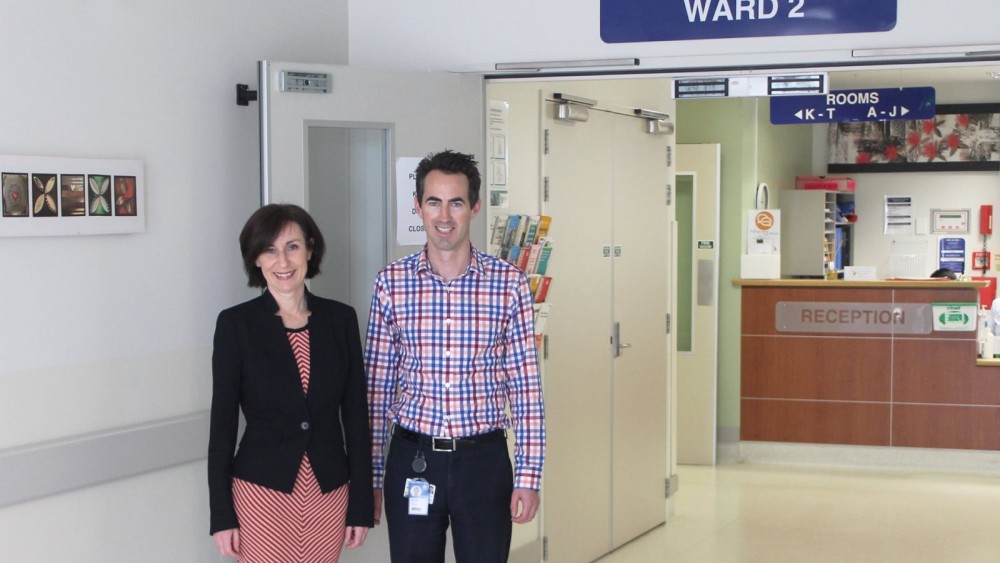Clinical testing will begin this November at Waitemata DHB on a new predictive medicine project aimed at giving stroke patients a better idea of how to plan for their future.
It is being developed through the Precision Driven Healthcare Partnership between the University of Auckland, Orion Healthcare and Waitemata DHB – a partnership which is designed to explore smarter use of health information and analytics.
Our Institute of Innovation and Improvement Head of Analytics Delwyn Armstrong says a doctor has to give a family some expectations when a loved one suffers a stroke.
“But often they are basing their prognosis on their own clinical experiences, which may be limited, or literature that might not be applicable to a specific patient. Local data, when you have enough of it, is an important way of tailoring information to particular individuals.”
Delwyn says the predictive tool about to be trialled produces percentage-based rankings to help clinicians estimate whether patients will need rehabilitation; how long they could be in hospital; and what their living arrangements might be one month after a stroke.
“It could be that the patients will most likely be in a rest home or private hospital; they may also be at home with support – or even at home and living independently.”
Waitemata DHB Stroke physician and neurologist Dr Nicholas Child says computer-generated outcomes have the potential to be hugely useful.
“This tool will give our teams guidance from a very early stage around the likely trajectory of the patient. It’s important that patients and their families do have an idea of the seriousness of their situation so that they can think about the long term and start to plan ahead.”
About 800 Waitemata residents experience stroke each year and outcomes for each vary widely.
Photo: Head of Analytics Delwyn Armstrong and neurologist Dr Nicholas Child
